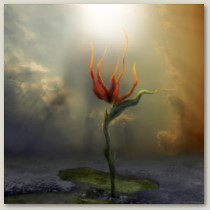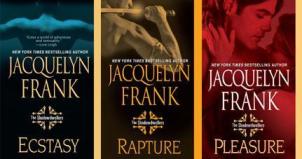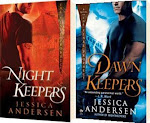 Absolutely fascinating insight into the writing process!
Absolutely fascinating insight into the writing process!This excellent article - How To Write A Great Novel - by Alexandra Alter which lists the writing habits and practices of some of the most reknowned writers today. And its amazing how much they've shared abot how they do what they do.
Read the entire article here.
Here's the opening of her article:
Richard Powers lounges in bed all day and speaks his novels aloud to a laptop computer with voice-recognition software. Junot Diaz, author of the Pulitzer-prize winning novel "The Brief and Wondrous Life of Oscar Wao," shuts himself in the bathroom and perches on the edge of the tub with his notebook when he's tackling a knotty passage. Hilary Mantel, whose Tudor drama "Wolf Hall" claimed this year's Man Booker Prize, jumps in the shower when she gets stuck. "The number of pages I've got that are water marked, I can't tell you," Ms. Mantel said.
An unusually robust crop of books from some of the biggest names in literature has landed this fall. Kazuo Ishiguro, Orhan Pamuk, Mr. Powers and Nicholson Baker have new books out this fall, along with a host of other prominent authors.
Behind the scenes, many of these writers say they struggle with the daily work of writing, clocking thousands of solitary hours staring at blank pages and computer screens. Most agree on common hurdles: procrastination, writer's block, the terror of failure that looms over a new project and the attention-sucking power of the Internet.
A few authors bristle when asked the inevitable question about how they write. Richard Ford declined to reveal his habits, explaining in an email that "those are the kind of questions I hope no one asks me after readings and lectures." Others revel in spilling minute details, down to their preferred brand of pen (Amitav Ghosh swears by black ink Pelikan pens) or font size (Anne Rice uses 14-point Courier; National Book Award nominee Colum McCann sometimes uses eight-point Times New Roman, forcing himself to squint at the tiny type). Some now offer fans a window into the process, reporting on their progress on blogs and Twitter feeds. On his author Web site, John Irving describes how he begins his novels by writing the last sentence first.
Here is how a range of leading authors describe their approach to writing—a process that can be lonely, tedious, frustrating and exhilarating.
 NICHOLSON BAKER
NICHOLSON BAKER
Most days, Nicholson Baker rises at 4 a.m. to write at his home in South Berwick, Maine. Leaving the lights off, he sets his laptop screen to black and the text to gray, so that the darkness is uninterrupted. After a couple of hours of writing in what he calls a dreamlike state, he goes back to bed, then rises at 8:30 to edit his work.
He wrote his first novel, "The Mezzanine," by dictating to a voice recorder during his commute to work. For his recent novel "The Anthologist," a first-person narrative by a frustrated poet who's struggling to write the introduction to a new anthology, he grew out a beard to resemble his character, put on a floppy brown hat, set up a video camera on a tripod and videotaped himself giving poetry lectures. He transcribed about 40 hours worth of tape, and ended up with some 1,000 pages of notes and transcription. Creating the voice of a rambling professor "was something I had to work on a lot in order to get the feeling of being sloppy," said Mr. Baker.
Even then, Mr. Baker decided the first draft was too orderly. So he divided the novel into numbered sections, then went to a random-number generating Web site and arranged the chunks according to the random order it gave him. It was a total mess. He had to return to the original order, although a few random bits worked. "I had to claw myself back to the old way," he said.
.jpg)
.jpg)
![Beyond The Rain [Jess Granger]](http://3.bp.blogspot.com/_CBFm4tkfGbY/SotUclgDtSI/AAAAAAAAAVk/b-neSEToMkU/S230/Beyond+The+Rain+(Recemt+Reads).jpg)
1.jpg)
.jpg)


.gif)
.jpg)
No comments:
Post a Comment